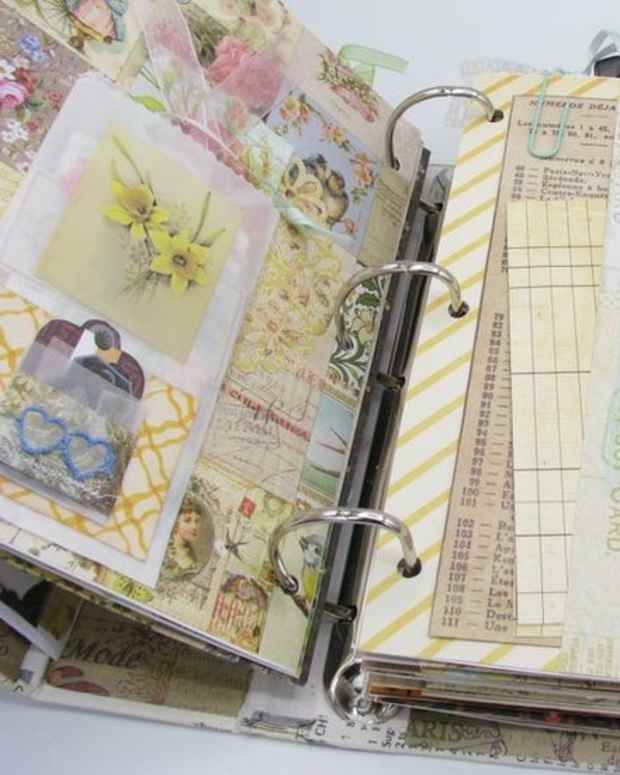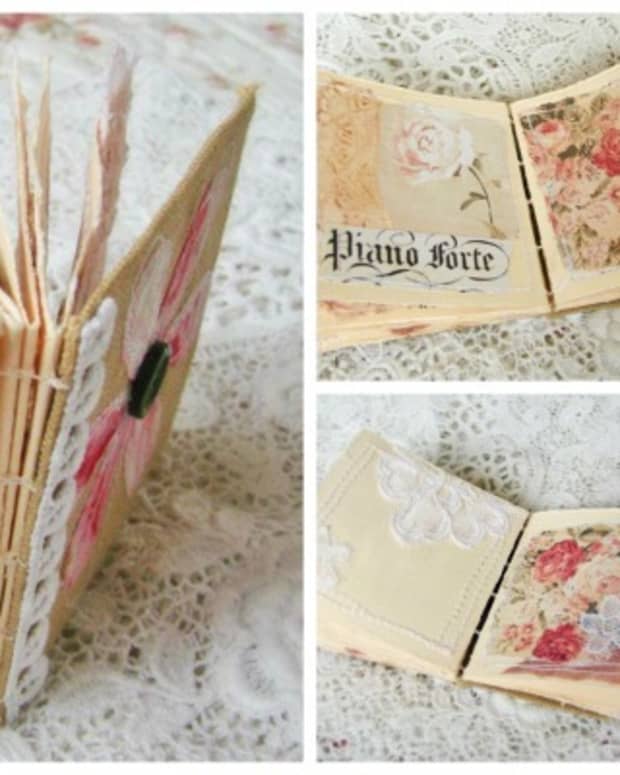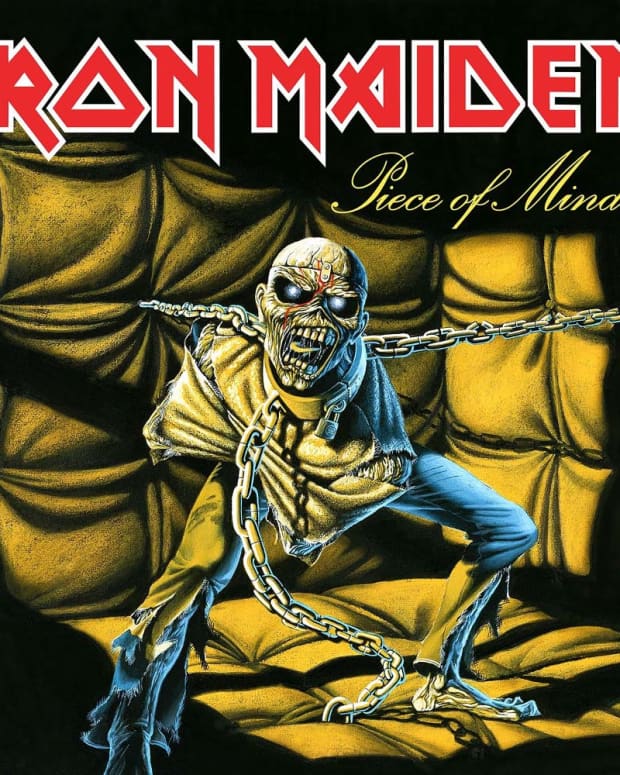How to Stop a Squeak-y Pipe Behind a Wall, Water Leaks, and Other Plumbing Tips
Plumbing Tips
With the current recession, and saving money being the new trend, a new generation of DIY'ers has emerged from the shadows, attempting to take on more chores than before. One of those chores is in-home plumbing. Most people can perform simple plumbing repairs with practically no plumbing experience, such as simple clogged drains, or shower heads not working properly. When the job becomes too much though, a certified and insured plumber on speed dial is defiantly a wise decision. Most of the tips here can be preformed at home, with a basic knowledge of hand tools, and some common around the house items. Larger tasks, such as replacing fixtures (ie, bathtub, sink, or toilet) are generally more technical, as water should be shut off, special parts might be needed (such as a toilet bowl gasket), or the plumbing is simply behind a wall or underground, and those require more assistance than most DIY'ers can handle.
Noisy Pipes
Pipe noises, as in loud hammering sounds, or high pitched squeaks are caused by loose pipes, water logged air chambers, or simply too high of a water pressure. This problem has a simple solution. Anchor the pipe better, or cushion the anchors that are already in place. Typically, homes have pipe straps about every 6 to 8 feet. When you turn on the water, the water surging through the pipes causes torque around the bends, causing the pipe to move the pipe straps. When the water pressure has equalized, the pipe slams back into its normal place, causing the loud hammering noise. Squeaking pipes are caused by hot water expanding the metal, and as it expands, it moves inside the strap, causing friction, hence the squeaking. The best way to get rid of squeaking pipes is to cushion them. Air chambers, located behind fixtures and appliances, are a way to hold air so that it cushions the shock of flowing water when the water is shut off. Typically, they get filled with water, and lose their effectiveness. To fix this, simply turn off the water main, open all the water faucets in your home and let the system drain. Close the faucets and turn on the main again, and the chambers will fill with air. A properly working system should be below 80 psi. If it’s not, contact your local plumber to install a pressure-reducing valve.
Shower Heads
Shower heads are simple devices that move water from a pipe, and send it through smaller holes at slightly higher pressure (due to the water flow being restricted to smaller holes). Shower heads, on average cost below $15 for standard ones, and handle style handheld models with multiple settings and modes can reach well into the $100+ price range. Simple DIY maintenance and repair can keep your shower head(s) working for years to come. If your shower head leaks, then you are wasting water, and fixing this will, in the long run, save you money. Most of the leaks from a shower head are from where it meets the pipe. Changing the washer (usually less than $1 at most hardware stores), putting some Teflon tape around the threads, and make sure that the head is screwed on tight. This should stop the leaking. If your shower head is not working as it should, and some of the exit holes don’t have water coming through, then it’s time to clean it. Simply remove the head from the pipe, and scrub with warm water and vinegar, using a pin, toothpick, or other small object, to remove most of the mineral buildup. Soaking the head overnight in a vinegar/water mix will usually dissolve up to 95% of mineral buildup, and rinsing well after will clean out most of the rest. If the head doesn’t pivot well, check the washer for wear, and place some petroleum on the swivel ball before reassembly.
Clogged Drains
Clogged drains are probably one of the most common calls for any plumber, and range from too much toilet paper to toys being stuck inside of a toilet, to full on blockages in main sewer lines because of trash washed into street run-off drains. Before trying any drain clearing methods, make sure that your tubs stopper is open and is not clogged. If the opening and stopper are free of hair and debris, then the drain pipe is clogged. Using a plunger or over the counter drain cleaner will fix most of your plumbing problems. Adding water to a sink or tub while plunging can actually help and create more pressure for clearing the drain. If anything gets sucked out of the drain, make sure and throw it away. Don’t allow anything that isn’t supposed to go down the drain to go back down it. If a simple plunger can’t clear the obstruction, usually within about 5-10 min of trying, a plumbing snake may be require. A plumbing snake is a long flexible piece of steel, sent down a drain, and has different heads, some designed to cut, others to grab, and can be used to clear obstructions from inside pipes. If your snake is unable to clear the clog, then call a plumber, as the problem is either in the main line, or there is something inside the pipes that requires the pipes (or fixture) to be removed and manually inspected, cleared, or replaced in some cases.
Some Helpful Links
- Plumbing 101
Plumbing is one of the things that most people don't think about, until there is a problem. knowing your enemy is half the battle, so get to know your plumbing system, and learn a few things you might not have known before. - Winterizing Your Home Plumbing
Knowing how to do simple plumbing things in the short run can help save you money in the long run, by fixing small problems before they become major issues. Always call a reputable plumber when things get too much to handle. - How Does a Toilet Work?
Everyone knows what a toilet looks like, what it is, and what its used for. But do you know how a toilet works? Where they came from? - How does a Septic and Sewer System Work?
You already learned how a toilet works, but now what about where it goes and what happens to our waste water? What are Septic systems and water treatment systems? Learn this and more! - AJ's Plumbing Inc
AJ's plumbing, our Santa Rosa Beach and Destin Plumbers has continually served South Walton County and surrounding areas with excellence and gratitude. Call us now! (850) 231-1473
Comments
Kenneth Moody (author) from Destin, Florida on January 25, 2013:
Great recommendation! Thanks for the advice!
Susette Horspool from Pasadena CA on August 19, 2012:
I have an additional recommendation. If your showerhead is too clogged (try washing with an old toothbrush and baking soda) or rusty and you need a new one, purchase a low-flow showerhead to save money on your water bill. They make really great ones, now, that keep up the water pressure.























